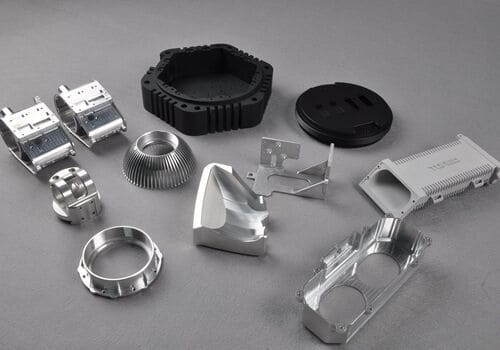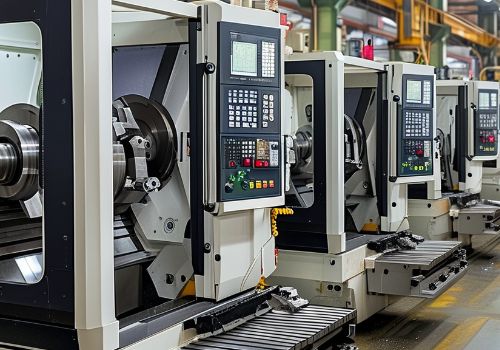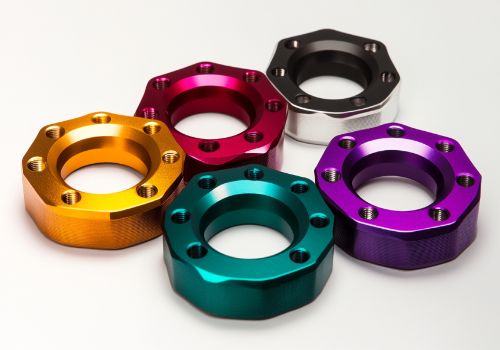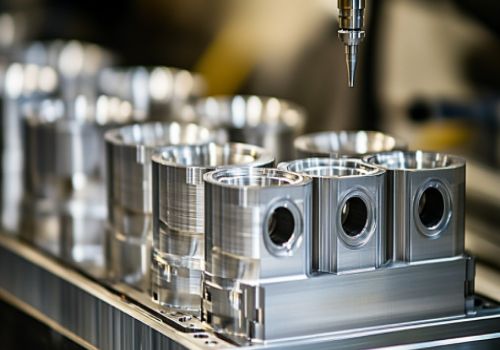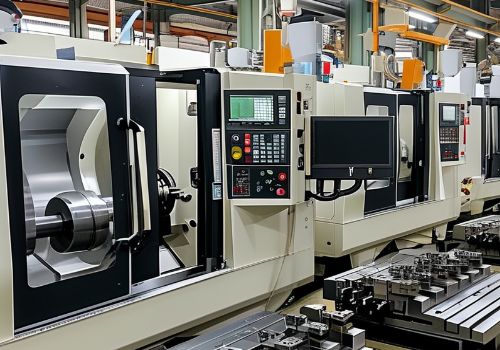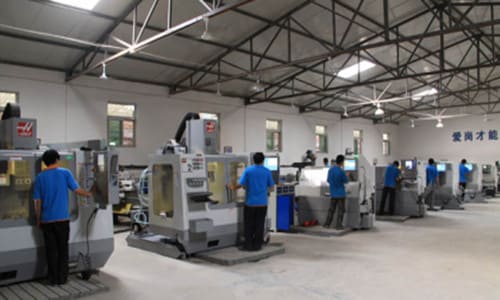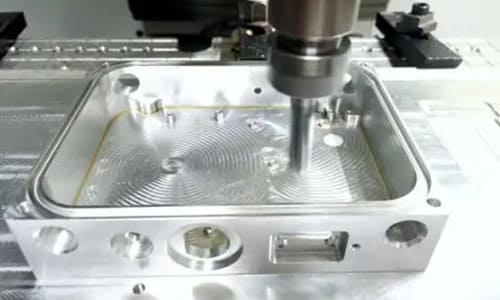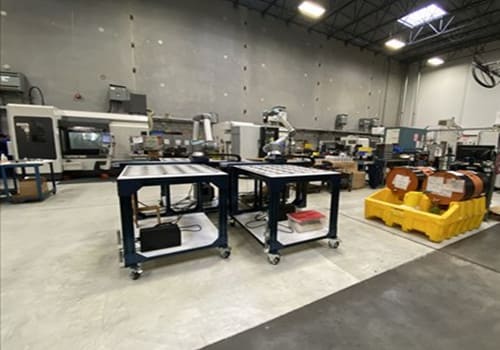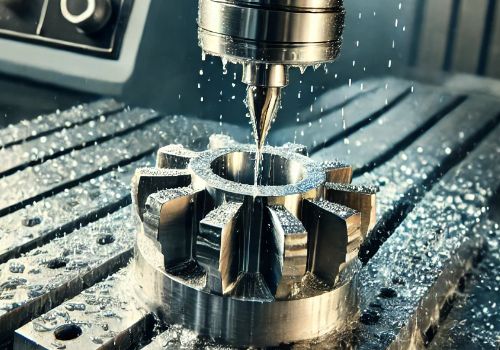In the process of doing business, we often encounter customers asking for sample, especially in the machining industry. Before mass production of new products, sample can help customers confirm whether the design is reasonable, whether the product size is correct, whether the surface quality is qualified, etc., so as to avoid unnecessary problems in subsequent mass production. However, does the customer need to pay the sample fee or proofing fee to the machining factory?
From the point of view of customer, of course, it is best not to pay the sample fee, and they prefer the machining factory to providing the sample first.
From the point of view of the machining factory, does the customer need to pay the sample fee?
Today, I will analyze this matter from the perspective of a salesman in a machining factory for reference.
I’ll break this down into 3 categories:
1. The old customers who have already cooperated are making sample similar to the nature of the pre-production confirmation sample. Because we have a good understanding of the customers, once the sample approved, the customer will place an order. In such cases, basically wecan agree to make sample free. Unless the investment amount of this sample is relatively large.
2. Very well-known companies, such as the world’s top 500 companies, have very strict supplier access thresholds. For such companies, once customers have proofing needs, we are very willing to make sample directly. Of course, such large companies are not short of the proofing fee, and customers will pay reasonable fees.
3. For new customers, because of lack of understanding, when a customer puts forward a sample request, first of all, we welcome it very much, which means the beginning of cooperation. But we must also pay attention to risk control. We generally charge customers sample fee at cost prices, and promise that customers can deduct the payment after placing an order.
From the above three situations, we can see that in the first and second situations, even if the sample fee is not paid in advance, the machining factory is willing to produce samples first.
But in the third category, the machining factory will require the customer to pay a certain amount of sample fee out of the need to control its own risks. Customers also tend to pay less or not to pay sample fee out of the need to control their own risks (mainly because they are afraid that new suppliers will not be able to make sample well) and because they have different perceptions of sample fee.
From my practical experience, as long as we treat customers with sincerity, tell the truth about the current situation of the precision machining factory, and invite customers to visit the factory if needed, then customers can basically eliminate the doubts about new suppliers.
Why customers are unwilling to pay sample fee?
The biggest reason why customers are unwilling to pay sample fee is that customers have different perceptions of sample fee.
For simple machined products, it is very common for customers to think that the cost of proofing should be much lower than the actual cost of proofing. Sometimes, as I have done sales in this industry for so many years, there will be serious deviations in the cost of proofing.
Most of our customers are not in the machining industry. In addition, the current machining industry is mixed with good and bad, and there are many small machining workshops. Customers often think that this part is easy to machining and the cost is relatively low. If the machining factory is not willing to make samples for free , then change to a factory that is willing to make samples for free.
Due to the fierce competition in this industry, it is often possible to find factories that are willing to make samples without sample fee.
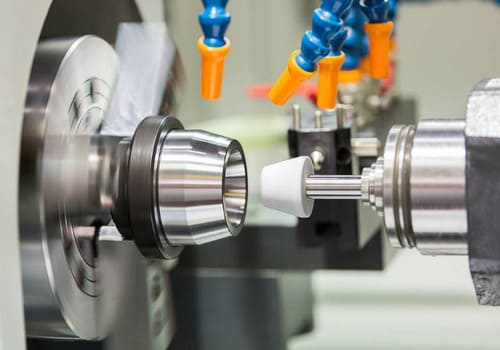
Should the customer pay the sample fee?
From my experience in these years, I think customers should pay a reasonable sample fee.
The reasons are as follows:
- Priority to produce samples. As a machining factory, it is costly for us to produce customized sample, and machining factories generally have multiple samples developed at the same time. If the customer is willing to pay for these sample development costs, it means that the customer has a real order and is confident in this sample, then we must give priority to producing this part of the sample.
- The delivery date and quality are guaranteed by the contract. After paying the sample fee, a contract is formed, which is more secure for customers.
- Lock in development costs. Sometimes, sample development will encounter various potential problems, and the development cost will rise sharply. For example, the original estimated cost of 2-3 thousand dollars has become about 20 thousand dollars. If the customer has paid a sample fee of 2-3 thousand dollars, then we generally think that it is a mistake in our calculations in the early stage, and we will bite the bullet and complete the sample. If the customer did not pay the fee in the early stage, then we will explain to the customer that we need to pay this part of the sample fee. If the customer is not willing to pay, then we have no choice but to give up.
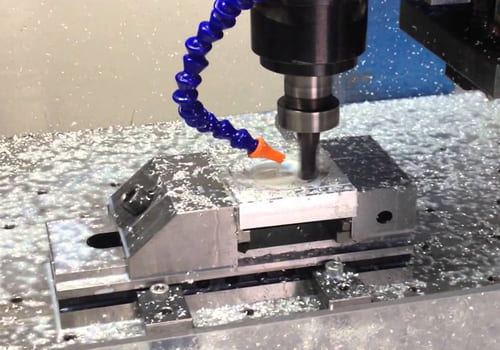
Summarize
This article analyzes the question of whether customers should pay sample fee for machined parts from the perspective of machining factories. From our point of view, the customer should pay the sample development fee, because it is more secure for the customer, and many factories also provide the conditions for the return of the sample fee.
So, please don’t be afraid to pay the sample fee!

